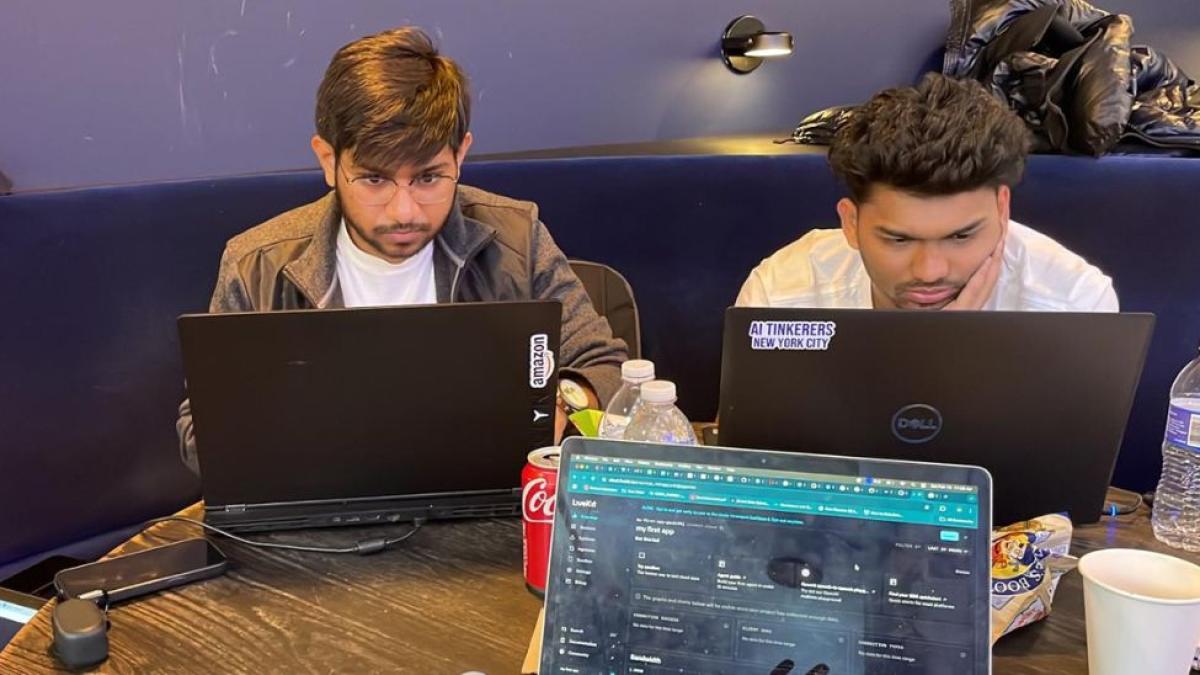
Dr. Scharff’s Summer of AI: Seidenberg Professor Achieves New Academic and Industry Successes

Dr. Christelle Scharff, Seidenberg Professor, Associate Dean, and Co-Director of the Seidenberg AI Lab, has had quite a busy summer by marking several significant achievements that reflect her expertise in AI research and innovation, as well as her active engagement in global academic and professional communities.
Dr. Scharff represented the Seidenberg School and Pace University at the prestigious Tata Consultancy Services (TCS) Summit in Salt Lake City. Themed "The Future is AI. The Future is Human," the summit brought together industry leaders, technologists, professional athletes, and academics to explore the work of TCS in many different industries, including education. The main emphasis of the summit was sport and its many dimensions, and attendees had the unique opportunity to interact with Olympic champions such as Lindsay Vonn and John Shuster. Dr, Scharff said that "as a sports fan, it was a thrill to stay in the Olympic spirit of Paris 2024, and even try my hand at curling!" She added that she was honored to meet so many TCS employees and partners, and to exchange ideas about the intersection of artificial intelligence and human-centered innovation.
In addition to her active participation in international summits, Dr. Scharff's commitment to advancing AI research continues to gain recognition. Her latest collaborative research paper written with Seidenberg students Samyak Rakesh Meshram, Krishna Mohan Bathula, Fnu Kaleemunnisa, and Om Gaikhe, and titled "Towards AI-Generated African Textile Patterns with StyleGAN and Stable Diffusion," has been accepted for publication and will be presented at the upcoming International Conference on AI-based Systems and Services (AISys) in September.

The research paper explores the generation of African wax designs using advanced AI architectures like StyleGAN2-ADA, StyleGAN3, and Stable Diffusion. The study leverages a curated synthetic dataset of 2,000 images and evaluates the designs using Fréchet Inception Distance (FID). The findings highlight the potential of these AI models to generate culturally relevant and aesthetically appealing textile patterns, with a focus on both symmetry and creativity.
"By providing a new tool for creating customizable wax designs, this study has the potential to make an impact on the fashion industry," the abstract notes. "It also shows that the suggested approaches are promising to produce a variety of plausible and culturally appropriate designs. Our next step is to collaborate with African fashion designers and wax experts to validate the resulting designs."


